How To Choose The Right Puzzle For Your Child's Age?

Nobody is too old to make puzzles.
The mad hunt to find the correct piece, the thrill of putting it together is unmatched. It’s almost a source of healthy addiction that keeps children and adults hooked.
And while puzzle games are entertaining, they also have educational benefits. To make sure you get maximum educational benefits from a puzzle - it should align with your child’s age and experience.
The puzzle is interesting and developmentally appropriate. This guide will help you understand the factors to consider when choosing puzzles (especially when it comes to selecting them for children)
What Are Learning Puzzle Games?
Puzzles are a fun way to improve a child's developmental skills. These games for kids are more than putting pieces together. The activity boosts their critical thinking, problem-solving, and coordination.
Puzzles range from simple wooden ones with big pieces to intricate jigsaws. They are designed to support your child's growth at different stages.
How Do Puzzles Help Kids?
Puzzles are more than just a source of fun.
Connecting different pieces to create a bigger picture has an important effect on a child's young mind. It is like a challenge that stimulates the child’s thinking.
They also learn new ways to solve the same puzzle. A great way to promote creativity. And by figuring out how pieces fit together, children learn to be more patient.
Puzzles also introduce kids to shapes, colours, letters, numbers, etc. This makes these games excellent educational tools.
Benefits of Learning Puzzle Games
Puzzles have many benefits on a child's overall growth. Let's discuss a few of them -
-
Cognitive Skills
Puzzles help kids figure out how to do things. So they learn things like how to remember shapes and colours, pay attention to details, and think logically.
Also, kids have to try things out and see what works before they can finish a problem. In turn, this makes them better at handling problems and makes their minds more flexible.
-
Motor Skills
Picking puzzle pieces helps children improve their fine motor skills. Holding and moving them around requires concentration and coordination. It helps toddlers develop the muscles they will use for writing, colouring, brushing, wearing shoes etc.
-
Educational Benefits
Themed puzzle games can teach children facts, languages, and more
For example, they learn about ships and planes from vehicle themed puzzles. And number puzzles help with counting skills. Animal puzzle games can introduce children to different species, their foods, environments, behaviours, and more.
So, the next time you shop for games for your child, consider getting them themed puzzles along with single-image puzzles.
-
Promote Problem-Solving
Learning puzzles push children to use their critical thinking skills. They learn to recognise patterns, make connections, and develop different ways to complete the puzzle.
This improves their resistance, confidence, and will power to solve future problems in life. It also builds their foundation for logical thinking.
-
Hand-Eye Coordination
Children see the picture of the puzzle, save that image in their minds, and use their hands to recreate that image by putting together different pieces.
This way their hand-eye coordination gets better. This is vital for activities like sports, writing, and playing musical instruments.
Learning puzzle games also strengthens the child’s sense of space.
Factors To Consider When Choosing Puzzle Games for Kids
There are many things to think about when picking out the right game for your child. You should make sure that the puzzle fits with your child's interests and stage of growth.
Remember these other important things:
-
Age-Appropriate
Puzzles for kids should be right for their age and level of development. There are puzzles for kids of all ages that are designed to be challenging without being too hard. For toddlers, simple puzzles with large pieces are ideal. At the same time, older children can handle puzzles with smaller and larger numbers of pieces.
-
Interest and preferences
Choose puzzles that match your child's interests and likes.
If your child loves animals, choose animal puzzle games with their favourite creatures. If they love space, select space jigsaw puzzle with a cosmic theme. When children play with the subject matter - they will enjoy the puzzle and stay motivated to complete it.
-
Skills
Consider your child's current skills and abilities too. If they are just starting with puzzle games, give them simpler options. Slowly increase the difficulty level as they become experts.
Puzzles should offer a balance between challenge and skill level. It allows kids to build confidence and develop new skills.
Types of Puzzles by Age Group
Different age groups need different types of puzzles. They must help in each age group's developmental needs and abilities. Here are some age-appropriate puzzle games for kids:
-
Toddlers (1-3 years old)
For toddlers, puzzles should be simple to make, with large, chunky pieces that are easy to hold. Wooden puzzles with basic shapes and vibrant colours are ideal. They aren't a choking hazard. Some puzzles for one year olds have pegs to help them pick up and place the pieces.
Puzzles for 2-year-olds with a few pieces help develop their hand-eye coordination and spatial awareness. Check out the Skillmatics UKs Shapes & Colours puzzle. It’s designed with large pieces and vibrant colours to keep toddlers engaged while they learn.
-
Preschoolers (3-5 years old)
Preschoolers are ready for puzzles with more pieces and some complex themes. Alphabets numbers are excellent puzzles for 3-year-olds. They introduce children to letters and numbers in a fun way. Look for puzzles for 4-year-olds with colourful illustrations and themes.
The Skillmatics UKs Preschool Champion play activity mat is an ideal puzzle game for preschoolers. It combines fun themes with early learning concepts.
-
School-age children (6+ years old)
School children will love puzzles with more complexity and more pieces. Jigsaw puzzles with 50 to 100 pieces are best for this age group. If they have landscapes, maps, or historical events - they will provide an educational value.
You can buy the Skillmatics UKs Brain Games for Kids. We offer a range of puzzles that challenge a kid's critical thinking and problem-solving abilities..
Conclusion
Games for kids must suit their age and skill level. Also, ensure that the puzzle reflects the child's interests. This helps to keep them motivated and excited about solving the fun puzzle games. This keeps them interested and driven to play the fun puzzle games. Puzzles are a great way to help your child learn new things and improve their movement skills.
Let your kids work on these puzzles at their own pace. They must enjoy putting the puzzle together and seeing how it all fits. Visit our website to get suitable puzzles, STEM toys and educational games for kids.
FAQs
Are there any fun puzzle games to keep my child engaged?
Yes! Many fun puzzle games keep children engaged. Look for puzzles with elements like sound effects or moving parts. It will catch your child's attention. Online puzzle games and apps also offer a wide range of themes and difficulty levels.
Animal puzzle games are appropriate for which age group?
You will find animal puzzle games for all age groups. But their difficulty levels will vary.
You must pick puzzles with large pieces and simple animal shapes for toddlers. Preschoolers may like puzzles with more detailed animal pictures. School-age children can handle puzzles with complex scenes and many pieces.
What are the best puzzles for 5-year-olds?
Any puzzle that has 25 to 50 pieces is great for 5-year-olds. You can choose from themes like vehicles, space or their favourite cartoon characters.
Alphabet and number puzzles are also good options. They help improve basic reading, writing and mathematics skills.
What size puzzle should I start with for my toddler?
For toddlers, puzzles with few but chunky pieces will work best. These pieces should be easy for little hands to grasp and manipulate. Look for puzzles with bright colours and simple shapes to capture your toddler's interest and encourage exploration.

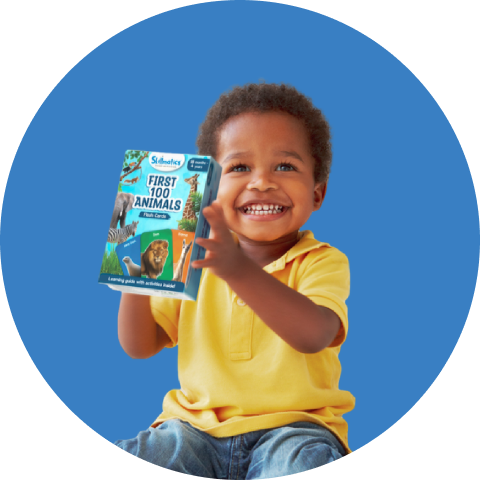 Ages 0-3
Ages 0-3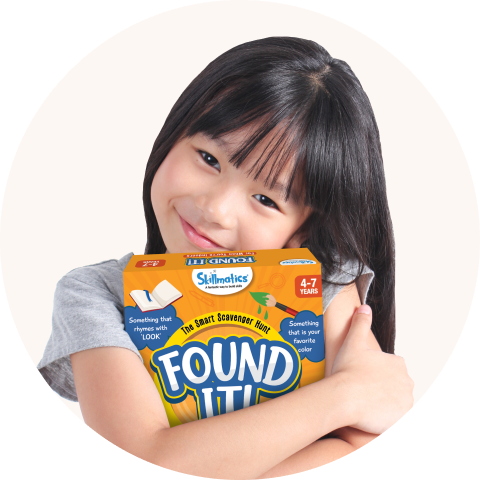 Ages 3+
Ages 3+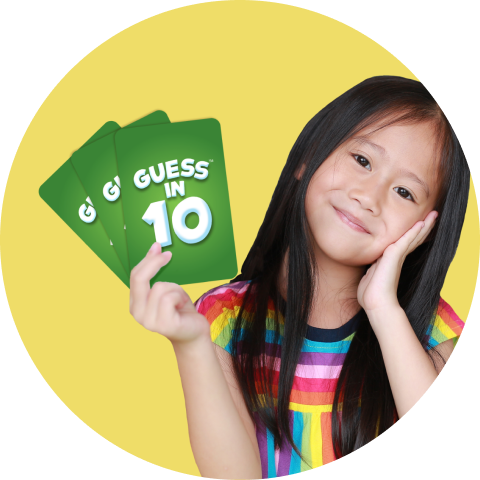 Ages 6+
Ages 6+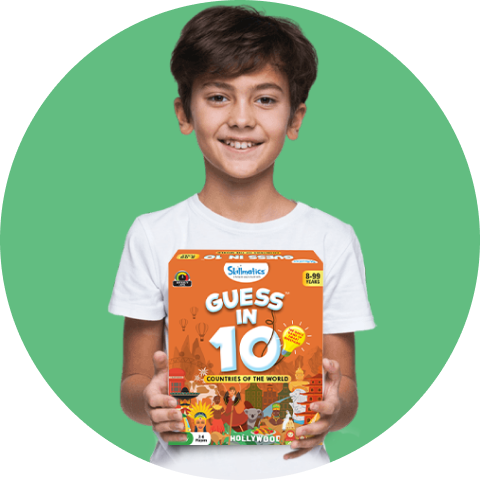 Ages 8+
Ages 8+ Arts & Craft
Arts & Craft Puzzles & Pretend Play
Puzzles & Pretend Play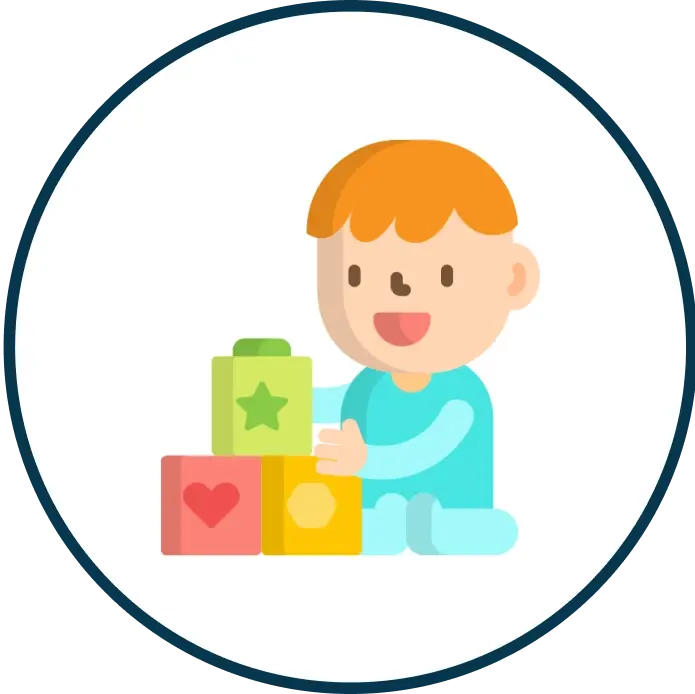 Toddlers & Infants
Toddlers & Infants Learning Products
Learning Products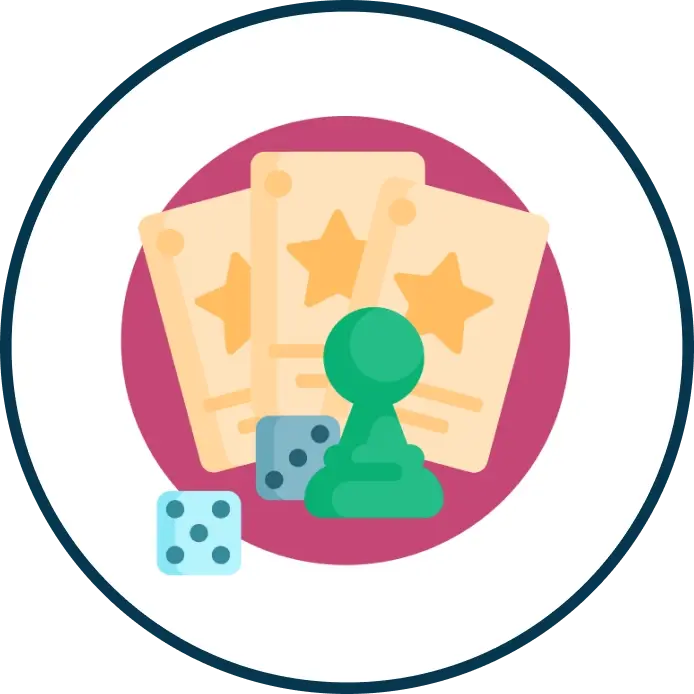 Card & Board Games
Card & Board Games STEM Toys
STEM Toys